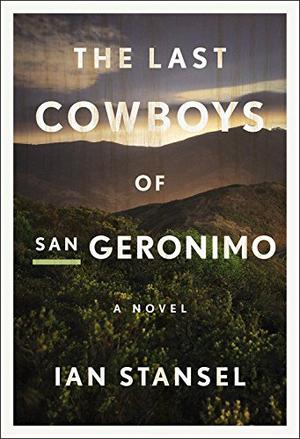Friday Open Thread ~ "What are you reading?" edition. Volume 9
Submitted by phillybluesfan on Fri, 09/11/2020 - 6:00am
John Barry: The 1918 ‘Spanish Flu’ Was a U.S. Export, But Don’t Call It the Kansas Virus
"The final lesson of 1918, a simple one yet one most difficult to execute, is that...those in authority must retain the public's trust. The way to do that is to distort nothing, to put the best face on nothing, to try to manipulate no one. Lincoln said that first, and best. A leader must make whatever horror exists concrete. Only then will people be able to break it apart."
Don’t say we weren’t warned. As President Trump’s subversion of science wreaks havoc with American society, the reappearance on bestseller lists of John Barry’s 2004 classic work, “The Great Influenza: The Story of the Deadliest Pandemic in History,” is a reminder that presidential irrationality is not unprecedented. On this week’s installment of “Scheer Intelligence,” Barry joins host Robert Scheer to compare the two pandemics and the United States’ response to each.
Back in 1918, Woodrow Wilson was deprived of the jingoism card played by Trump in labeling the current worldwide scourge “the China virus” because the first wave of massive fatalities was exported from a huge military base in Kansas. Wilson relied on the patriotic fervor of war to play down the health risk in dispatching huge numbers of likely infected US troops to Europe and on to the rest of the world, leading to the death of between 50 to 100 million people, far exceeding the direct human cost of the “Great War” itself. The name “Spanish flu” derived from the first news of the global influenza pandemic being reported by the media in Spain.
“I think that it was clear that in 1918, people died, and in many cases their society began to fray–in some cases, worse than that–because the government was lying,” Barry tells Scheer. “Now, the motivation in 1918 was entirely different than it is today. We were, of course, at war. And going into the war, [Woodrow] Wilson had some legitimate reasons to be concerned about what would happen […]so he created an infrastructure to intensify patriotism, more so than at any other time in our history.






